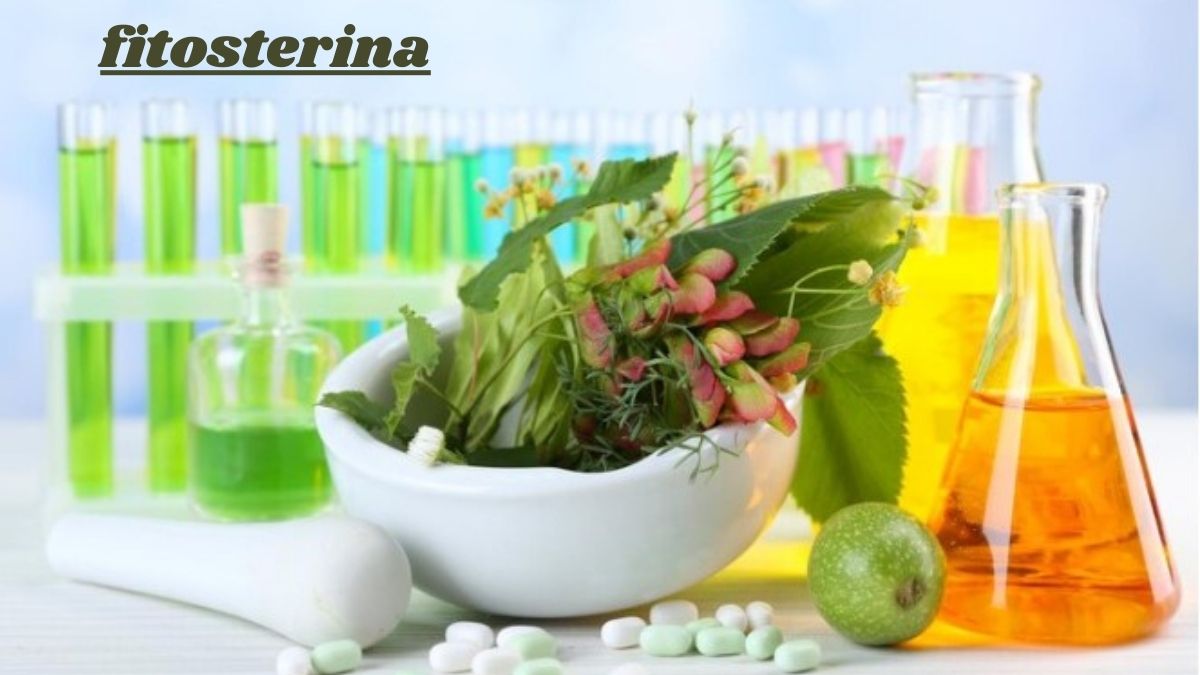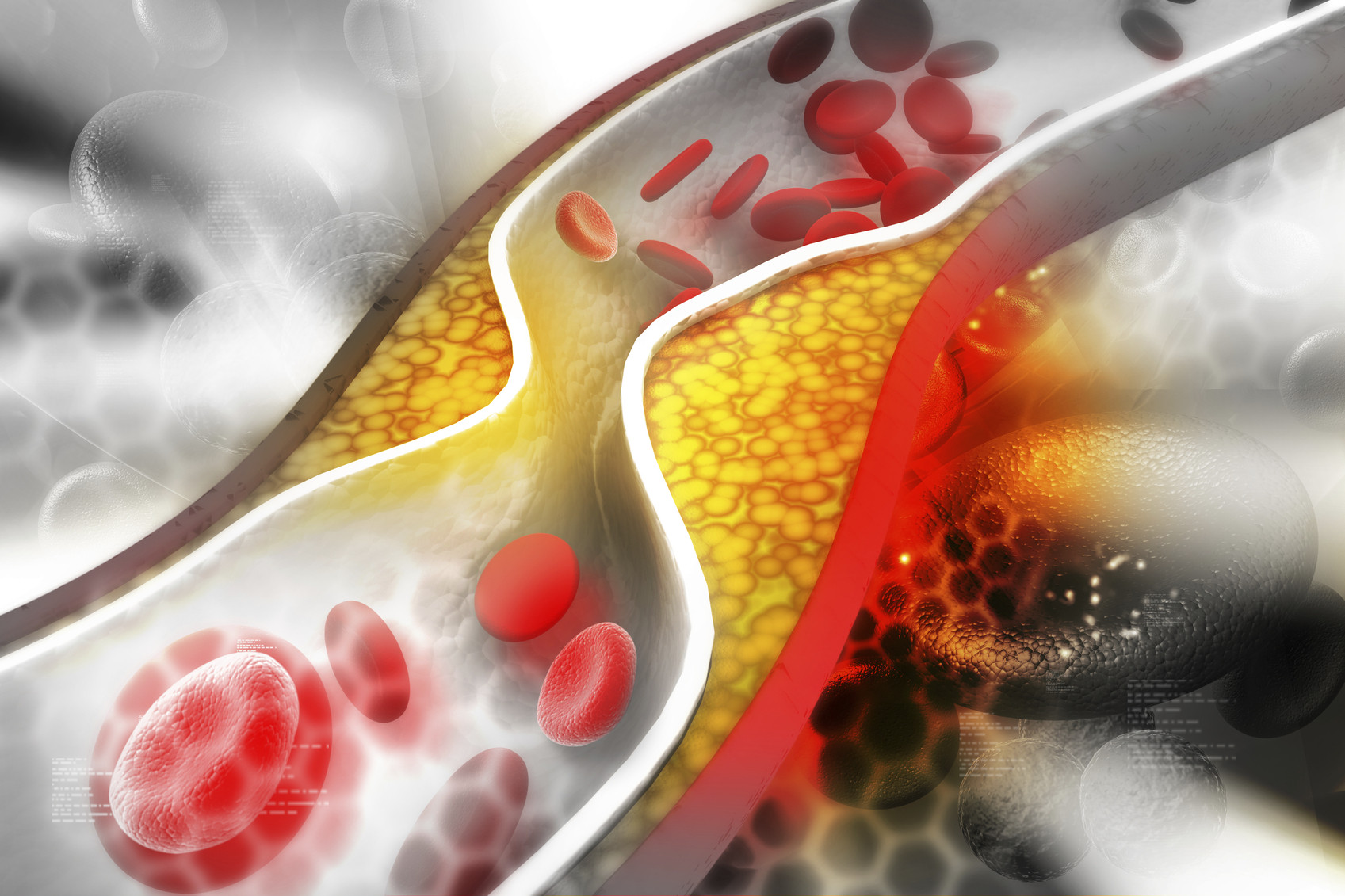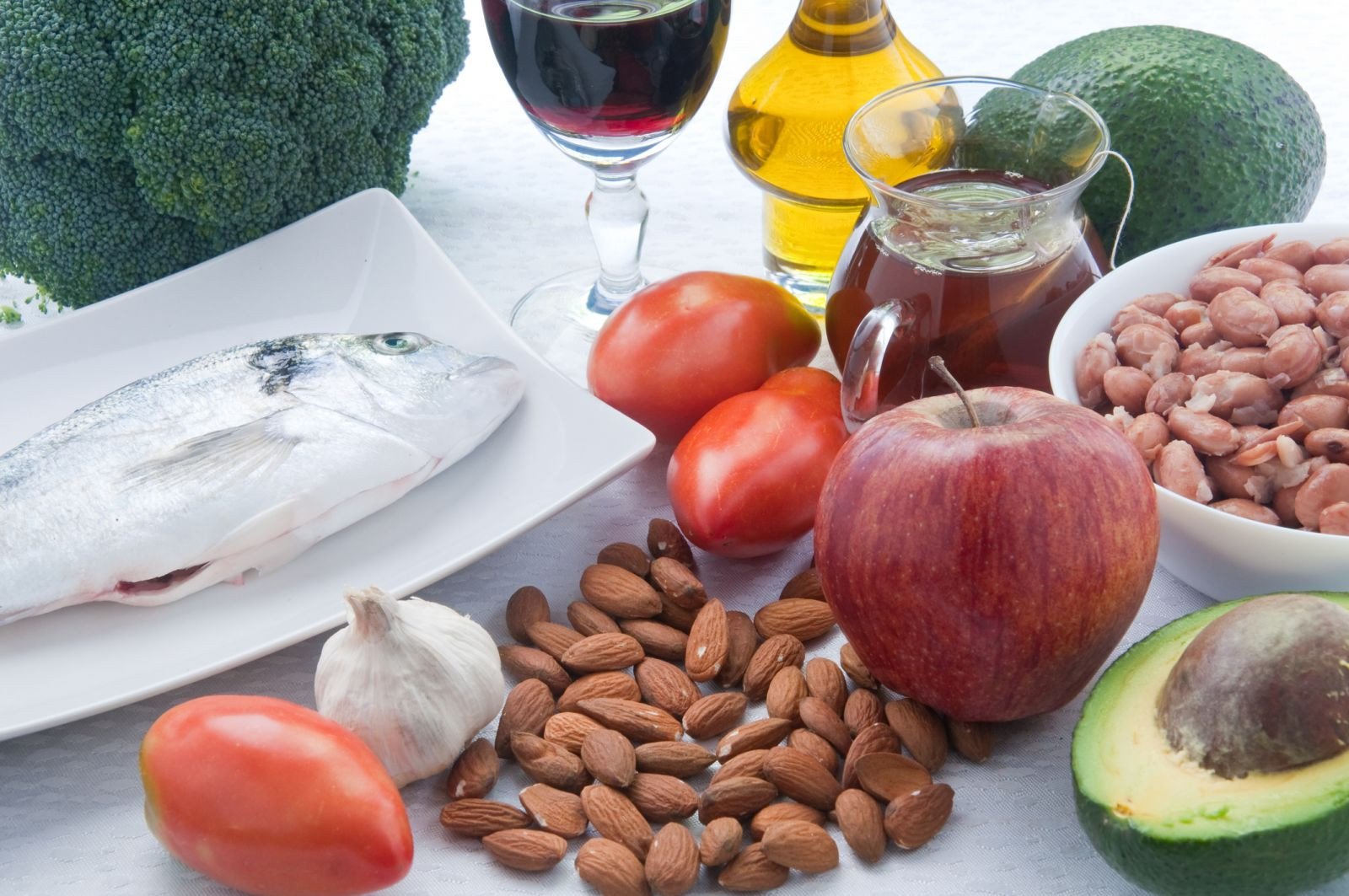Fitosterina, also known as plant sterols, refers to a group of naturally occurring compounds found in plants. These compounds are structurally similar to cholesterol and are believed to offer a range of health benefits, particularly in managing cholesterol levels in the human body.
Plant Sterols 101: The Purported Benefits of Fitosterina
Plant sterols, including Fitosterina, have gained attention due to their potential to lower LDL (low-density lipoprotein) cholesterol levels. By structurally resembling cholesterol, plant sterols compete with cholesterol for absorption in the digestive system, consequently reducing the amount of cholesterol that enters the bloodstream. This mechanism is believed to contribute to the potential cardiovascular benefits of consuming plant sterols.
Studies have suggested that regular consumption of plant sterols, within the recommended daily intake, may help lower LDL cholesterol levels, thereby reducing the risk of heart disease. However, it’s important to note that while plant sterols can be beneficial for managing cholesterol, they are not a substitute for prescribed medication or a balanced diet and healthy lifestyle.

Benefits of Phytosterols
Phytosterols, also known as plant sterols, are plant-based compounds that offer several potential health benefits. Here are some key advantages of phytosterols:
Lowering Cholesterol Levels
- Phytosterols can decrease cholesterol levels, especially LDL (bad) cholesterol, by 8–10%.
- Consuming at least 2 grams of phytosterols per day could significantly reduce LDL cholesterol levels.
Potential Cancer Risk Reduction
- Some evidence suggests that phytosterols may lower the risk of certain cancers, including stomach, lung, liver, breast, prostate, and ovarian cancer.
- Test-tube and animal studies indicate that phytosterols may have cancer-fighting properties and could slow the growth and spread of tumors, although more research is needed to determine their effects on cancer growth in humans.
Sources of Phytosterols
- Many healthy plant foods contain considerable amounts of phytosterols, including nuts, seeds, fruits, vegetables, and oils.
- Ancient Paleolithic hunter-gatherer diets, rich in plant foods, contained around 2.5–5 times as many phytosterols as the average modern diet.
Potential Downsides
- Some research shows that phytosterols could increase the buildup of plaque in arteries, which may contribute to atherosclerosis, although more research is needed on this topic.
- Studies on whether phytosterols can reduce the risk of heart disease have found mixed results, with conflicting evidence on their association with heart disease risk
Role of Fitosterina in Cholesterol Management
Fitosterina’s role in cholesterol management primarily revolves around its ability to inhibit the absorption of dietary cholesterol in the intestines. This, in turn, can lead to a reduction in LDL cholesterol levels, which is a key factor in maintaining cardiovascular health. While Fitosterina occurs naturally in small amounts in various plant-based foods, it can also be found in fortified products such as margarine, yogurt, and orange juice.

How to Incorporate Fitosterina into Your Diet
Incorporating Fitosterina into your diet can be achieved through the consumption of certain plant-based foods and fortified products. Some common sources of Fitosterina include:
- Vegetable Oils: Including corn, sesame, and canola oil
- Nuts and Seeds: Such as almonds, walnuts, and flaxseeds
- Fruits and Vegetables: Especially avocados and Brussels sprouts
- Fortified Products: Such as margarine, yogurt, and orange juice
Consuming a varied diet that includes these sources can help individuals naturally increase their intake of Fitosterina.

Conclusion
Fitosterina, or plant sterols, holds promise in contributing to heart health through its potential to lower LDL cholesterol levels. While more research is needed to fully understand its long-term benefits, incorporating Fitosterina-rich foods as part of a balanced diet may offer a natural approach to managing cholesterol levels.
Fitosterina FAQs
Q: Can Fitosterina completely replace the need for cholesterol-lowering medications?
A: No, Fitosterina is not a replacement for prescribed medications. It can complement a healthy diet and lifestyle in managing cholesterol levels.
Q: Are there any risks associated with consuming high amounts of Fitosterina?
A: While Fitosterina is generally considered safe, consuming excessively high amounts may interfere with the absorption of certain fat-soluble vitamins. It’s important to adhere to recommended daily intake levels.
Q: Can children and pregnant women consume Fitosterina?
A: Children and pregnant women should consult healthcare professionals before incorporating Fitosterina supplements into their diets to ensure safety and appropriateness.


